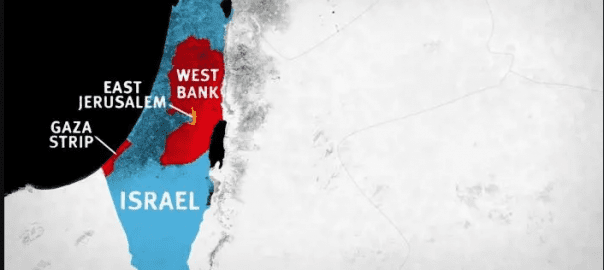Jan. 15, 2024 /Politics/ — The comparison of Israel to the former apartheid regime in South Africa is a complex and sensitive issue with no easy answer. Both situations involved racial and ethnic tensions, but there are also significant differences in historical context, legal frameworks, and political dynamics.
Here’s a breakdown of some key points to consider:
Similarities:
- Racial and ethnic tensions: Both societies have faced tensions between different racial and ethnic groups. In South Africa, it was between the white minority and the Black majority. In Israel, it’s between Jews and Palestinians, with Arabs comprising a significant minority within Israel and a majority in the occupied territories.
- Discrimination and segregation: Both systems have been accused of discriminatory practices and policies towards certain groups. In South Africa, it was codified into law under apartheid. In Israel, it’s a matter of ongoing debate and investigation, with concerns about policies and practices affecting Palestinians both within Israel and in the occupied territories.
Differences:
- Legal basis: Apartheid was a legally enshrined system of racial segregation and discrimination. Israel’s legal system does not explicitly discriminate based on race or ethnicity. However, there are concerns about discriminatory policies and practices, particularly towards Palestinians.
- Government structures: South Africa under apartheid was ruled by a white minority government. Israel is a democracy with a Jewish majority but Arab representation in its parliament.
- International recognition: Apartheid was widely condemned by the international community and considered a violation of human rights. Israel’s actions towards Palestinians are also subject to international criticism and scrutiny, but the situation is more complex and contested.
Conclusion:
Whether or not to label Israel an “apartheid state” is a highly contested issue with no universally accepted answer. Both sides of the debate raise valid points, and it’s important to consider the historical and political context, legal frameworks, and lived experiences of people involved.
Instead of seeking a simplistic binary answer, it’s more productive to engage in a nuanced and informed discussion about the complex issues of racial and ethnic tensions, discrimination, and human rights in both Israel and South Africa. This allows for a deeper understanding of the historical and ongoing challenges faced by both societies and can pave the way for constructive dialogue and potential solutions.
Remember, respectful and objective discussion is key when dealing with sensitive issues like this. It’s important to avoid generalizations, inflammatory language, and personal attacks, and instead focus on presenting facts, acknowledging different perspectives, and encouraging critical thinking.

